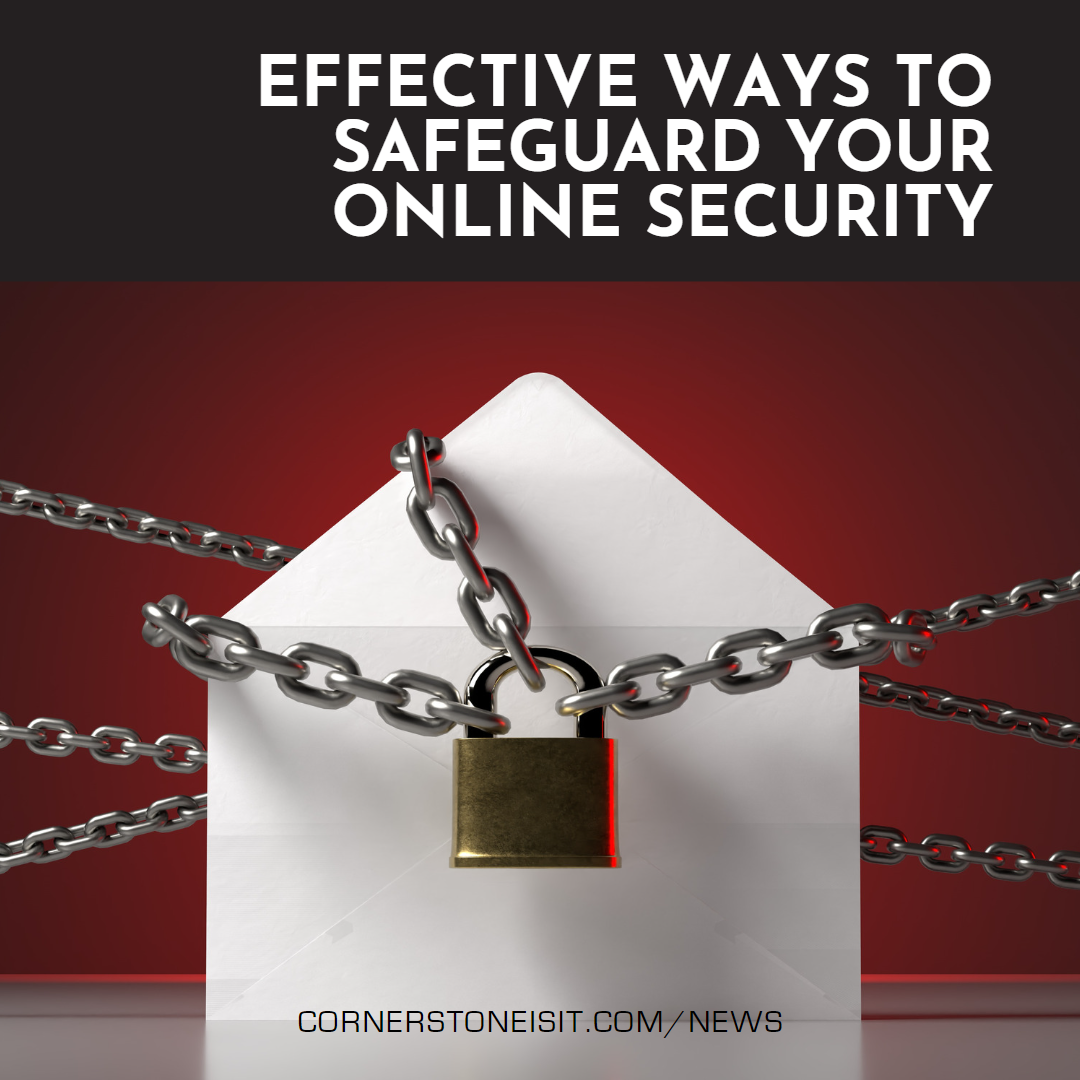
In this blog post, we will explore a set of proactive measures and best practices to help you respond to phishing attempts and fortify your online security. It is important to develop a critical eye when evaluating email legitimacy, as phishing emails often exhibit telltale signs of grammatical errors, suspicious content, and requests for personal information that reputable organizations would not solicit via email. By implementing the strategies below, you can actively protect yourself against phishing scams.
-
Scrutinize the Sender's Email Address: Shielding yourself against phishing scams starts with verifying the sender's email address. Take a closer look at the portion after the @ symbol to spot any anomalies. To confirm the legitimacy, cross-reference the domain (the text after @) with the official website of the organization in question.
-
Mind the Timing: Maintaining awareness of the message's timestamp is crucial. Phishing emails sent during unusual hours, particularly late at night, could be a red flag indicating a fraudulent attempt originating from a different time zone. (Note: This may vary for internationally operating companies.)
-
Trust Your Instincts: Listen to your intuition when assessing email legitimacy. Fraudulent emails often exhibit glaring grammatical and spelling errors. Additionally, scrutinize the content carefully. Questionable emails frequently employ persuasive narratives to entice you into clicking on links or opening attachments. Beware of requests for personal information, as reputable companies never solicit sensitive data via email.
-
Validate URLs with Caution: Before clicking any provided links, exercise caution by hovering your cursor over them (without clicking) to reveal their true destinations. If the domain name appears suspicious or deviates from what you would expect, it's advisable to steer clear.
-
Exercise Caution with Attachments: Maintain a healthy skepticism towards all email attachments. Opening a malicious attachment can expose you to malware or, worse, ransomware. If you harbor any doubts about the sender or the content of the message, it's prudent to involve your IT provider for a thorough assessment.
Being aware of common email phishing scams is essential for protecting yourself and your personal information online. By recognizing the red flags and following best practices you can safeguard against falling victim to these deceptive tactics. Stay vigilant, verify suspicious emails independently, and prioritize cybersecurity to keep your online presence secure.
Other blogs you may be interested in:
The Top Email Phishing Scams of 2023
My Business Got Hit with Ransomware. Now What?
The Problem with Employees Using Personal Cellphones for Work

Leave Your Comment Here